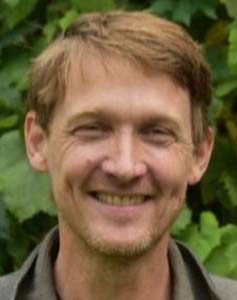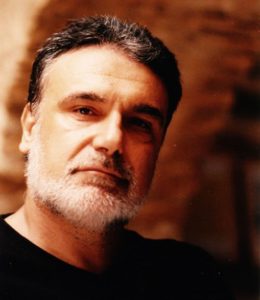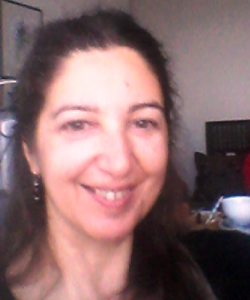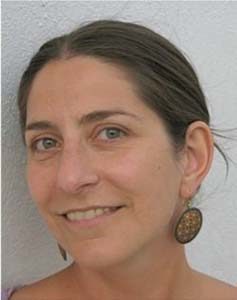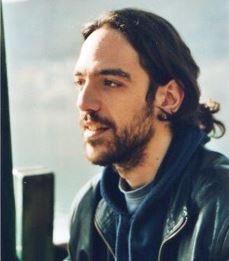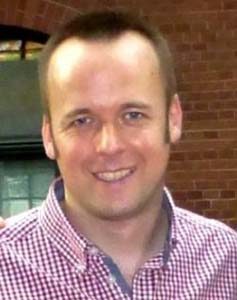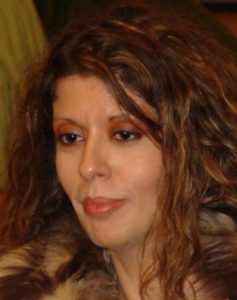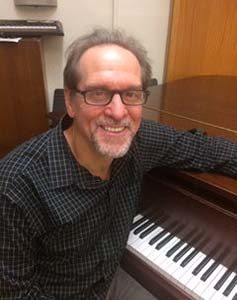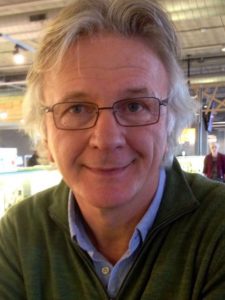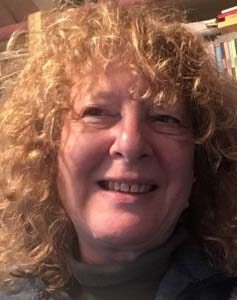
Dorit Amir
Supervision in music therapy
I strongly believe that supervision is essential for music therapists. Music therapy students as well as professional music therapists experience difficulties and face many challenges throughout the journey. They need to understand the setting, the clients, themselves and the music. They need to be supported yet to be challenged. In this lecture I will explain the supervisor’s role, describe goals of music therapy supervision and ways to accompany and support the supervisee in order to empower her/him in facing and dealing with the challenges.
Dorit Amir, D.A., CMT, has been the founder of the music therapy M.A. program at Bar Ilan University in Israel, and headed the program for 33 years. Prof. Amir has taught and supervised students and professional music therapists in Israel, USA, Europe and Australia. She published books, articles and book chapters on various subjects in music therapy.
